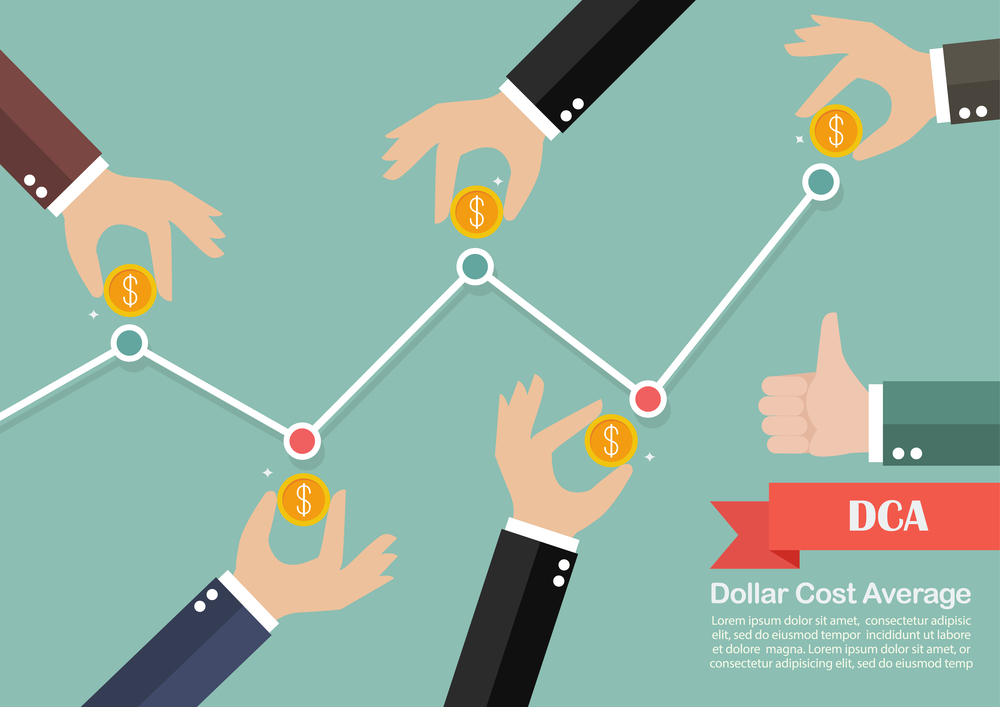In our last article, we discussed how you can start your crypto journey even without capital.
Today we are going to look at the steps in managing your capital in crypto.
Capital management is the responsibility of everyone venturing into the crypto space, as your capital management will determine your profit and loss in the crypto space.
Although, there are lots of factors that determine capital management which will be discussed here. But before then, let’s see this story.
MR A had $20 to purchase a coin that had the potential of 50 percent profit, and MR B had $1000 to also purchase the same coin. While the FOMO was on, they both purchased the coin, and fortunately, it increased by 50 percent. Both of them sold to get 50 percent profits each. This gave MR A $30, with a profit of $10, and MR B $1500, with a profit of $500.
At this point, who do you think is more satisfied? MR B for sure, because he went in with bigger capital. Seeing this big gain made by MR B, MR A quickly purchased the same coin with the whole $30 dollars. Unfortunately, the coin started declining to date. MR A has never stopped regretting that particular action. This is why capital management is very important.
So, let’s run along.
Managing your crypto capital
Risk management is part of capital management, and we have discussed it in our previous article. With that done we are going to look at 4 major capital management skills.
Accumulation management skill

Accumulation management skill is a powerful step to managing your capital in crypto, especially when you have little capital.
This method involves the accumulation of little profits over and over again than losing all like MR A.
Let’s look at MR A’s story once more. He had made $10 already, following this accumulation strategy. He would have dropped his $10 profit, and traded another coin with his $20 capital. This will bring another profit, and gradually he will make huge profits by accumulating small profits in the long run. MR A wanted to make all profit from a single trade and a single coin, this is unhealthy for little capital and for the crypto space, because of volatility.
Accumulation skill is mostly used when you have little capital, and it’s not for the greedy. It works with target and discipline. If it’s $10 per trade or per coin, let it be patterned like that.
Over the years traders with good accumulation skills are more profitable than people who trade everything at once, you can make your research.
Accumulation management skill is a good step to Managing your crypto capital.
Dollar-cost averaging (DCA) skill

This is a very important risk management skill that works for people with huge capital.
The goal of Dollar cost averaging is to reduce losses and maximize profits.
Dollar-cost averaging is the act of splitting your capital investments instead of using them all at once.
For instance, instead of purchasing Bitcoin at once with $20k, you can split your purchase into parts like $5k weekly. In this case, you buy Bitcoin each week with $5k for 4 weeks, instead of buying at once with the whole $2ok.
The reason is to reduce the effect of volatility on the whole capital. Because it is better to be down with $5k than to be down with the whole $20k.
DCA is important in the crypto space, it’s like the saying that says, “DON’T PUT ALL EGGS IN ONE BASKET”. It saves your capital and keeps you in charge of your decisions.
Dollar-cost averaging is a good step in Managing your crypto capital.
Risk to reward ratio

As the name implies, the risk-to-reward ratio is a method used by traders to maximize the risk involved in trading. This method is used by traders who trade futures or the forex market. With this method, multiple trades are made with a risk-to-reward ratio that will bring profits even if some trades are lost. Your risk-to-reward ratio is that your profit should be far greater than your loss so that even if you lose 2 trades and win 2, you will be on profits.
Risk to reward ratio will guide you on the reward you will get from the capital you are risking.
For example, a risk-to-reward ratio of 1:3 shows that in any trade you take, you are risking one to profit 3. This means if you trade with $10, and you lose the trade, you have lost just $10. Also if you win, you have made $30 in the trade.
Let’s take another example. If MR A placed 5 trades with $10, using a risk-to-reward ratio of 1;3.
If 2 trades came out well with 3 losses. It means that MR A has lost $30 and made a profit of $60.
Risk to reward ratio is very important and should be taken seriously because it is a good step toward Managing your crypto capital.
Controlling your mind during losses and profits
This is another good step to Managing your crypto capital, as the mind controls your judgments and decisions.
The crypto market is volatile and responds to fundamental and technical analysis. With this, you can have a good trade setup and your trade might not go as planned. So, the mind should be controlled to know when to go out or when to continue trade. You should know when your day is getting toxic and you should run away from the market. When you have a first trade loss, you have to stop trading if the chart pattern says so, and not continue with the anger of getting back your lost money. That is one of the problems traders have, as they always feel like to revenge.
The crypto space will always deal with revengers. You have to be smart and never let your emotions cloud your judgments. Also, in times of profit, you have to be contented with your take profits according to your trade setup. Some traders become guilty that they start changing TP points because they feel it may go the winning way continuously. The majority of traders who make this mistake often regret why they never took the little profit instead.
Conclusion
Capital management remains vital and should not be joked about within the crypto space. Understanding that a wrong capital management skill can make you bankrupt will profit you and keep you grounded in the long run.

